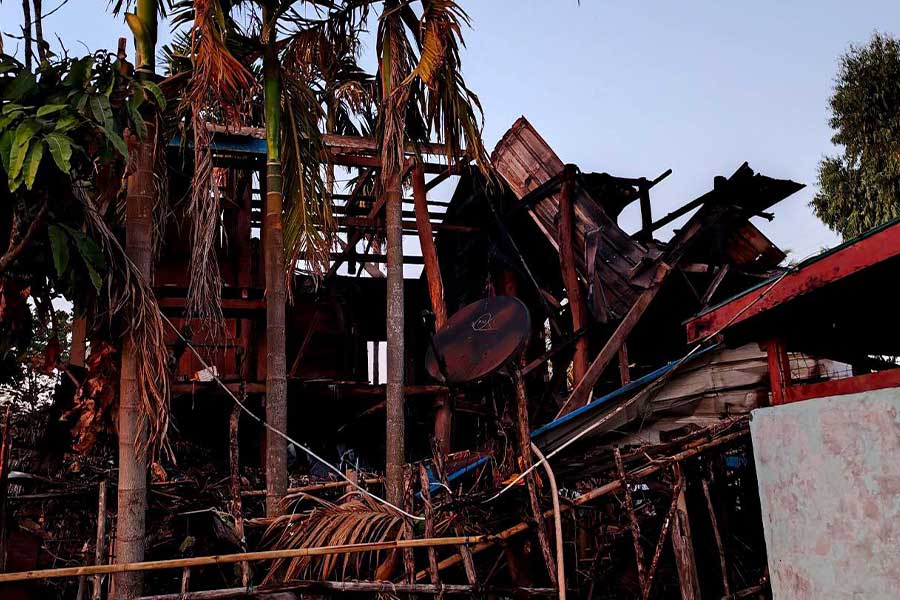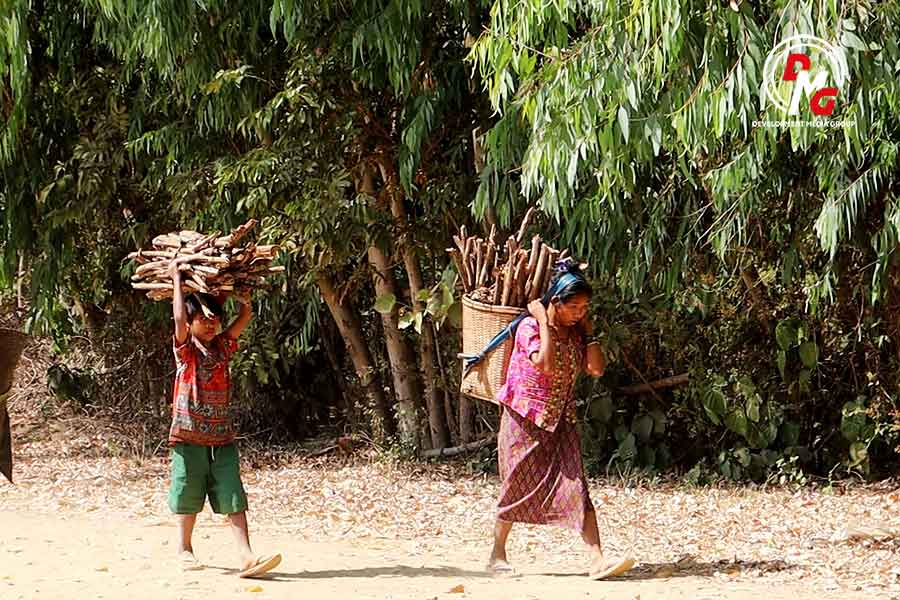- Civilian casualties rise in Kyaukphyu amid junta artillery and airstrikes
- Weekly Highlights from Arakan State (Feb 9 to 15, 2026)
- Over 1,000 IDPs in Ponnagyun face starvation as firewood sales fail to offset soaring prices
- Junta launches major offensive to retake Tagaung
- Seven fires reported in Arakan State in 2026; residents urged to heighten safety awareness
AA bans sale, consumption of booze linked to regime
The Arakkha Army (AA) has banned the sale and consumption of all imported and domestic alcoholic beverages including liquor, beer and wine in its areas of control starting December 20, according to residents.
20 Dec 2024

DMG Newsroom
20 December 2024, Mrauk-U
The Arakkha Army (AA) has banned the sale and consumption of all imported and domestic alcoholic beverages including liquor, beer and wine in its areas of control starting December 20, according to residents.
The ethnic armed group banned the import of all foreign and domestic alcoholic drinks into Arakan State on September 19, giving shops three more months to sell off their stocks.
With the grace period now over, the AA has issued a prohibition order in Kyauktaw, Mrauk-U, Minbya and Ponnagyun townships.
"It has completely banned the sale, storage and consumption of alcohol and beer," said a resident of Kyauktaw.
The AA has also warned of harsh action against non-compliance, without specifying penalties.
Liquor store owners say they don't know how AA authorities will handle unsold alcohol, beer, and wine.
"We can't sell anymore as the deadline has passed. We don't know if the authorities will come and confiscate the unsold alcohol and beer or how they will handle it," said a store owner in Mrauk-U Township.
Many of the alcohol and beer brands supplied to the Arakan market from Yangon come from companies owned by the Myanmar military.
One woman in Arakak State said: "The ban is one way of attacking the regime, which has been killing civilians daily across the country. So, I support and welcome it."
The ban is expected to increase the consumption of locally produced rice wine and palm liquor, potentially boosting local employment.
















.jpg)
